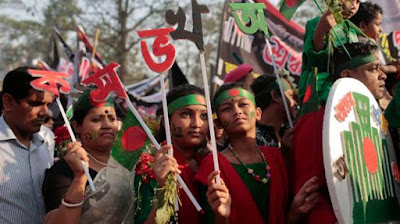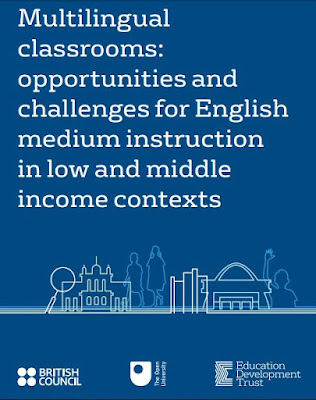[MLE] SALZBURG STATEMENT
Salzburg Statement for a Multilingual World Photo by Peter Hershey on Unsplash While attending an International Mother Language Day function in Bangkok last month I heard about the Salzburg Statement and decided to learn more about it. The statement is basically a call on educators, businesses and governments to promote language diversity as a global norm.


